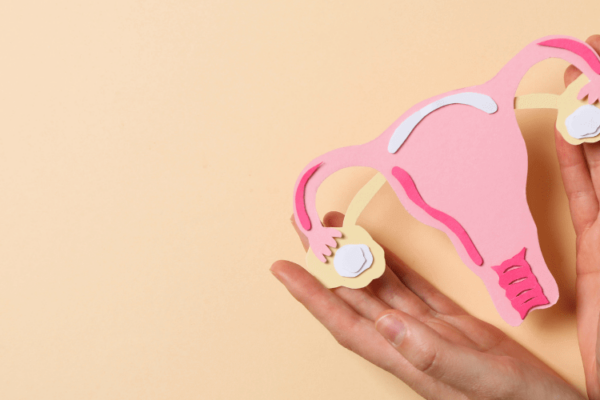
17 Apr 9 Ways to Cut Sugar Intake While Keeping Meals Exciting
9 Ways to Cut Sugar Intake While Keeping Meals Exciting
By Island Hospital | Apr 17, 2024 12:00:00 PM
Excessive sugar consumption has been linked to many health issues, marking the reduction of sugar intake as a critical step towards improving overall health.
The adverse effects of sugar on the body are profound and multifaceted, impacting aspects such as blood sugar levels and cardiovascular health.
In this article, we will provide interesting ways to cut sugar intake while maintaining a healthy and nutritious daily diet.
How Sugar Intake Affects Our Health
Sugary foods and drinks are high in calories and often lead to overconsumption, accumulating excess body fat over time.
The World Health Organization (WHO) highlights the dangers of consuming added sugars, including table sugar, high fructose corn syrup, and sugars added during processing.
These added sugars contribute significantly to daily calorie intake without providing nutritional benefits.
Moreover, sugar plays a role in the development of type 2 diabetes by causing spikes in blood glucose levels and contributing to insulin resistance.
Cardiovascular health is also at risk due to high sugar consumption. Studies have shown that diets high in sugar can lead to increased levels of unhealthy fats in the blood.
These levels lead to a greater risk of heart disease and stroke. Additionally, sugar can cause inflammation, another risk factor for heart disease.
Therefore, understanding the detrimental effects of sugar is the first step in making informed dietary choices that prioritize health and well-being.
Unsure of your health status? Regular health screening tests are an effective way to assess overall health, identify potential diseases or complications, and ensure early treatment.
9 Ways to Cut Sugar Intake
1. Cut Out Sugary Drinks

One of the most effective strategies for reducing sugar intake is eliminating sugary drinks from your diet. These beverages include sodas, sports, energy, and sweetened teas. Even healthy drinks, such as fruit juices and smoothies, can contain high amounts of sugar.
The impact of sugary drinks on health is significant. Consuming these beverages provides a different fullness than eating solid food, leading to an increased overall calorie intake.
Moreover, the rapid absorption of the sugars in these drinks can cause spikes in blood sugar levels, contributing to insulin resistance over time.
By cutting out sugary drinks, you’re reducing your sugar intake and making a positive choice for your overall health.
This simple change can have profound effects, including improved energy levels and better dental health, with lower risk of diabetes and heart disease.
2. Avoid Desserts

Desserts are often the highlight of a meal, but are also a significant source of added sugars that can negatively impact your health. Cakes, pies, ice cream, and cookies are loaded with sugar, contributing significantly to daily sugar intake.
These sweet treats cause rapid spikes in blood sugar levels, leading to a cycle of cravings and overeating, which can affect your energy levels and hunger throughout the day.
The consumption of grain- and dairy-based desserts accounts for a substantial portion of added sugar in our diet. Opting for alternatives with lower sugar content can satisfy the sweet tooth without the adverse health effects of high sugar consumption.
Fresh fruit, Greek yogurt with cinnamon or fruit, baked fruit with cream, and dark chocolate (with 70% cocoa or higher) are excellent choices that provide nutritional value in addition to sweetness.
The shift towards healthier dessert options can significantly impact overall health, aiding in weight management, reducing the risk of chronic diseases, and improving metabolic health.
3. Increase the Intake of Herbal Teas
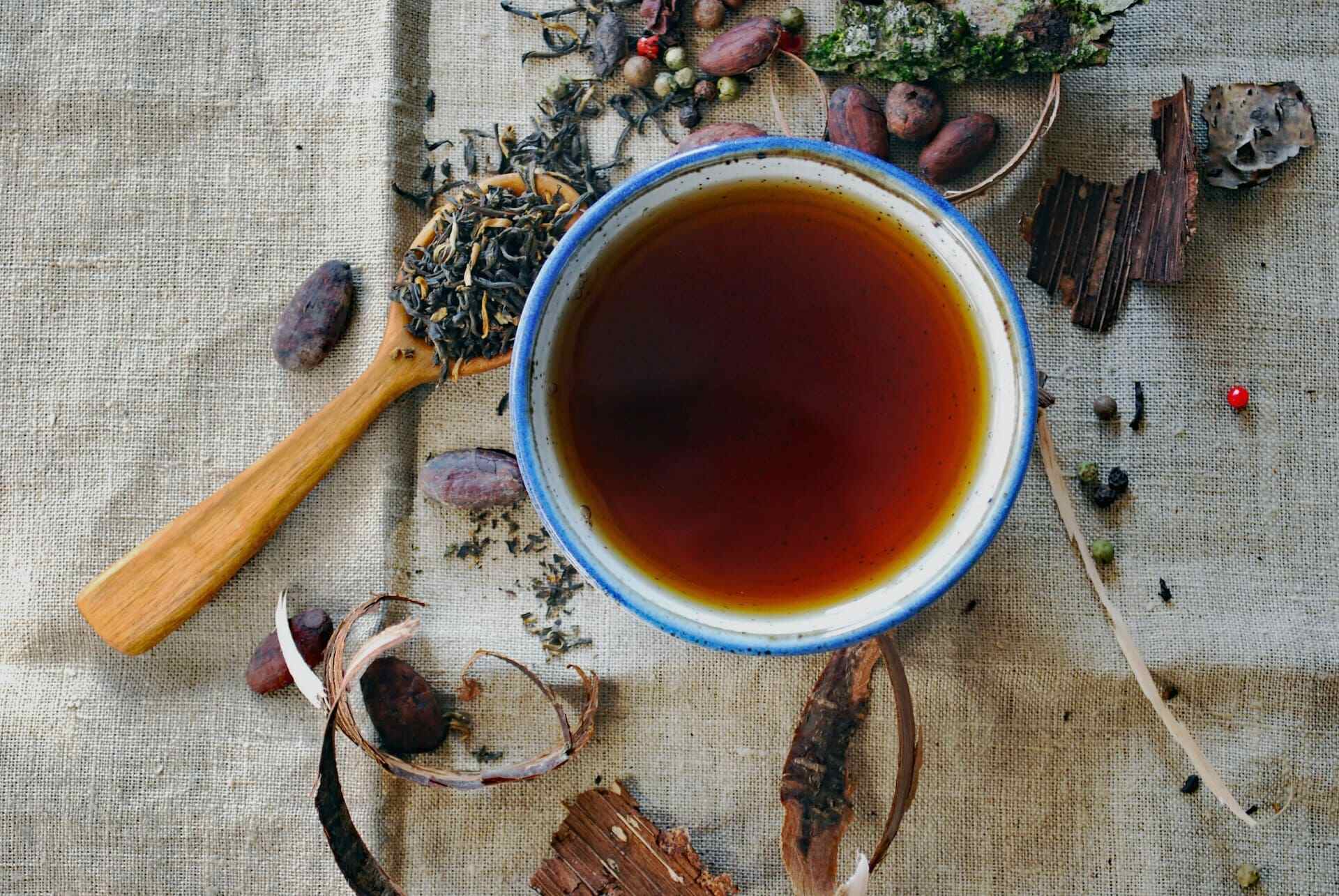
Incorporating herbal teas into your daily routine is a delightful and healthful way to reduce sugar intake. Herbal teas offer a naturally low-calorie and sugar-free alternative that can help satisfy the taste buds without compromising your health goals.
Herbal teas come in various flavors, each offering unique health benefits. For instance, chamomile tea is renowned for aiding in relaxation and sleep, while peppermint tea is celebrated for its digestive benefits.
Plus, green tea contains antioxidants that support overall health, including improved metabolism and a reduced risk of chronic diseases.
Switching to herbal teas can also help in managing hydration levels more effectively. Proper hydration is crucial for maintaining energy levels, supporting digestion, and ensuring optimal bodily functions.
Here are some tips for incorporating herbal teas into your diet:
-
- Brew Your Own: Brewing herbal tea at home allows you to control the strength and flavor of your beverage.
- Go Cold: Herbal teas can also be enjoyed, making them a refreshing alternative to sugary cold drinks, especially in summer.
- Add Natural Sweeteners Sparingly: If you prefer your tea with a hint of sweetness, consider adding a small amount of natural sweeteners like stevia or honey.
4. Choose Full-Fat Foods Instead of Low Fat Alternatives
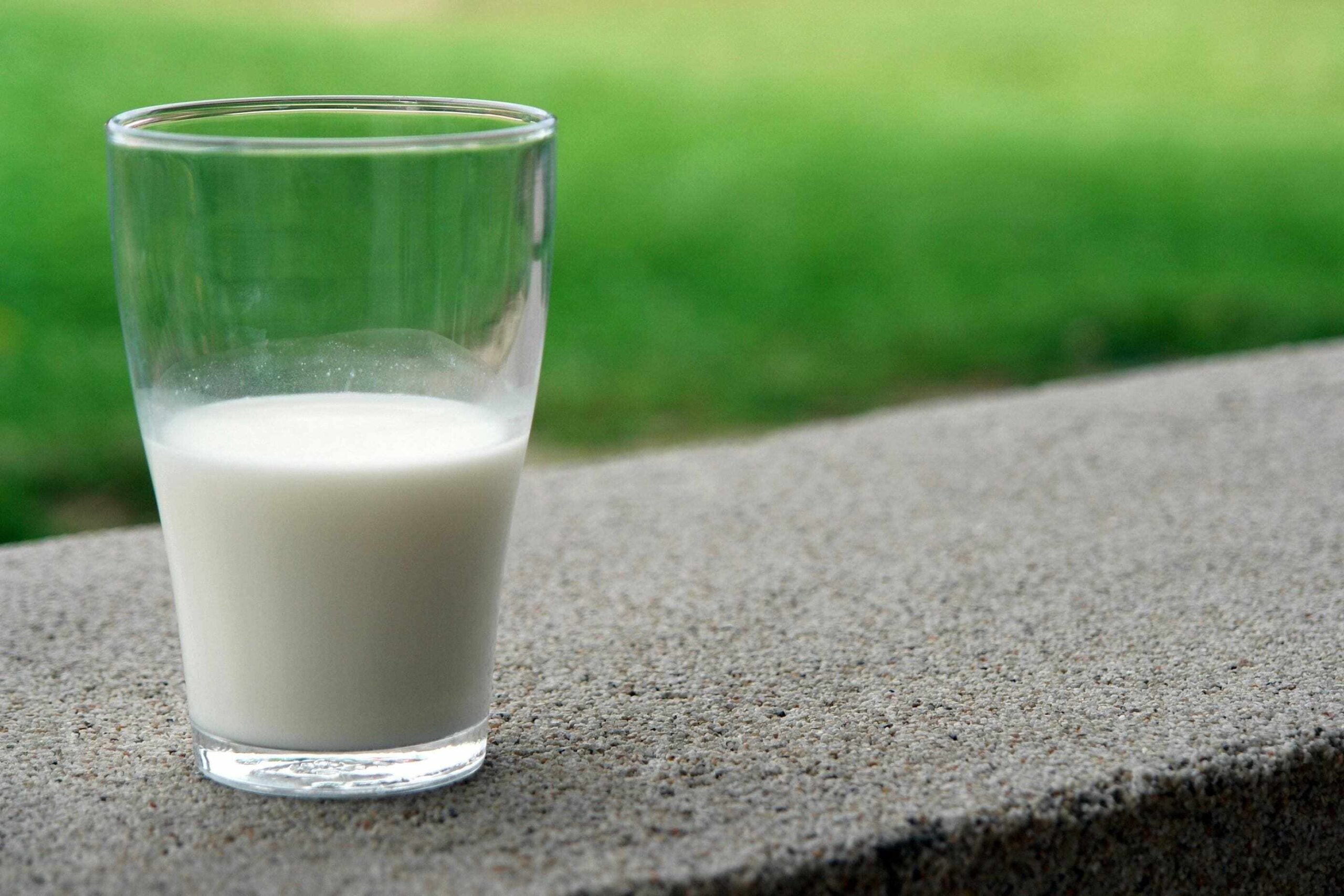
Many people opt for low-fat versions of their favorite foods to eat healthier or lose weight. However, this choice might inadvertently lead to increased sugar intake.
Manufacturers often add sugar to low-fat products to improve taste and texture, compensating for the reduced fat content. As a result, these products can contain more sugar (and sometimes more calories) than their full-fat counterparts.
Choosing full-fat foods over low-fat alternatives is a strategy that can help reduce your sugar intake. Full-fat products are often more satisfying, which can help control cravings and reduce overall calorie consumption.
For example, full-fat yogurt contains less sugar than many low-fat yogurts and provides a richer texture and flavor, making it a more satisfying choice.
By choosing full-fat foods, you’re reducing your sugar intake and benefiting from the nutritional value of these fats.
Here are some tips for incorporating full-fat foods into your diet:
-
- Choose Natural Sources: Choose natural, minimally processed sources of fats such as avocados, nuts, seeds, and fatty fish. These foods provide healthy fats along with other beneficial nutrients.
- Cook at Home: Preparing meals at home allows you to control the ingredients, including the type and amount of fat used, helping you to avoid unnecessary added sugars and unhealthy fats.
Incorporating full-fat foods into your diet can be a delicious and satisfying way to reduce sugar intake and improve overall dietary quality.
5. Eat More Whole Foods
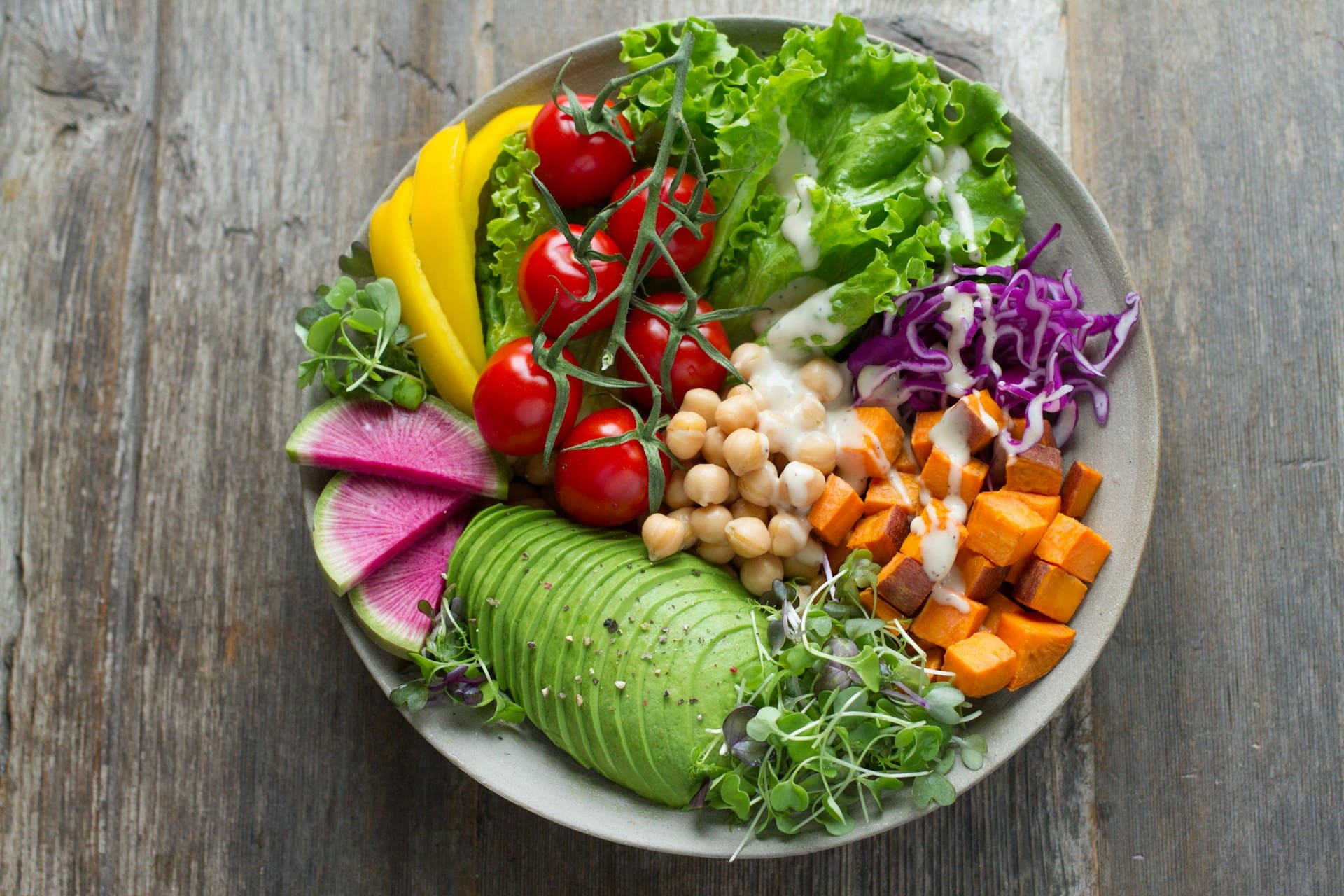
Transitioning to a diet rich in whole foods is an effective strategy for reducing sugar intake. Whole foods like fruits, vegetables, whole grains, nuts, seeds, and lean proteins are minimally processed and free from added sugars and unhealthy fats.
Whole foods offer a plethora of health benefits. They are packed with essential nutrients, including vitamins, minerals, fiber, and antioxidants, which support overall health and can help prevent chronic diseases.
Additionally, the high fiber content in whole foods helps regulate blood sugar levels, promotes satiety, and aids digestion.
By making whole foods the foundation of your diet, you can enjoy a variety of flavors and textures while naturally reducing sugar intake. This approach not only supports your physical health but also your mental well-being, providing steady energy levels and improving mood.
6. Don’t Eat Sugary Breakfast Meals
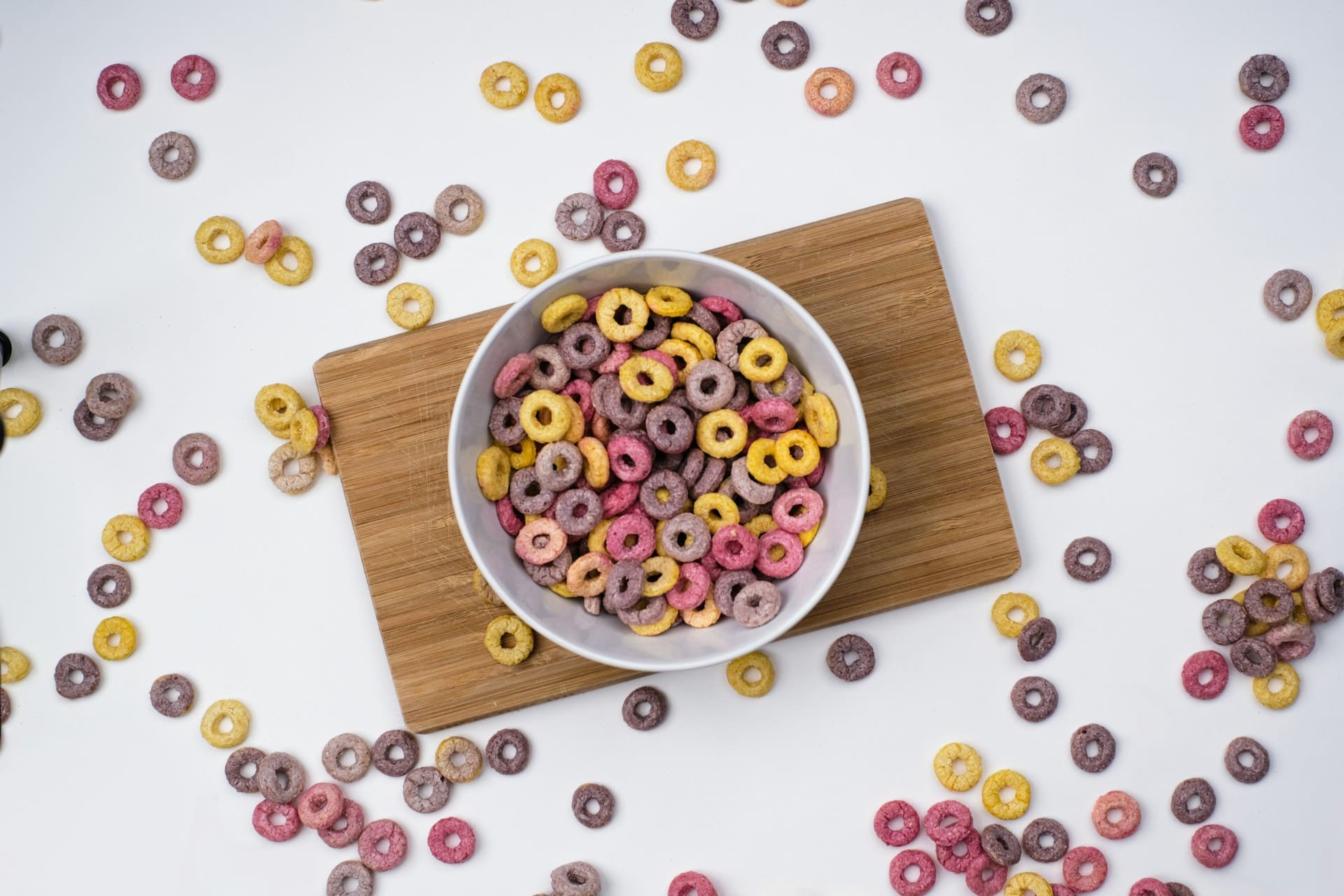
Starting your day with a sugary breakfast can set a precedent for cravings and energy slumps throughout the day. Many popular breakfast options, such as cereals, pastries, and flavored yogurts, are loaded with added sugars, contributing significantly to your daily sugar intake.
Opting for low-sugar breakfasts can help stabilize blood sugar levels, improve satiety, and provide sustained energy. Foods high in protein, fiber, and healthy fats are excellent choices for a nutritious start to the day.
Here are some healthy breakfast alternatives:
-
- Eggs: Prepared in any style, eggs are a great source of protein and can be paired with vegetables for added fiber and nutrients.
- Oatmeal: Make it with water or milk and sweeten it naturally with fruits like berries, apples, or bananas. Add a spoonful of nut butter for extra satiety.
These swaps reduce your sugar intake and benefit from a more balanced and nutritious meal that can support your health goals.
7. Add More Protein to Your Diet

Increasing the amount of protein in your diet can be a powerful way to reduce sugar cravings and sugar intake. Protein is essential for building and repairing tissues but also plays a crucial role in hunger and satiety.
High-protein foods slow digestion, making you feel full longer, and can help stabilize blood sugar levels, reducing the likelihood of experiencing energy dips and cravings for sugary snacks.
Here is how you can add more protein to your diet:
-
- Choose Lean Meats and Fish: Chicken, turkey, lean beef, and fish are excellent sources of high-quality protein. Fish such as salmon also provide beneficial omega-3 fatty acids.
- Incorporate Plant-based Proteins: Beans, lentils, chickpeas, tofu, and tempeh are great plant-based protein sources and can be used in various dishes, from salads to stir-fries.
- Snack on Protein: For snacks, opt for a handful of nuts, a piece of cheese, a hard-boiled egg, or a small serving of Greek yogurt to keep hunger at bay between meals.
8. Sleep Better and More if Needed

Improving the quality and quantity of your sleep can affect your ability to reduce sugar intake. Lack of sleep is linked to increased cravings for sugary and fatty foods, likely due to its impact on hunger hormones like ghrelin and leptin.
When you’re sleep-deprived, your body produces more ghrelin, which stimulates appetite, and less leptin, which signals fullness. This imbalance can lead to increased hunger and a preference for high-calorie, sugar-laden foods.
Here are a couple of tips to enhance your sleep:
-
- Establish a Regular Sleep Schedule: Going to bed and waking up at the same time every day helps regulate your body’s internal clock and can improve the quality of your sleep.
- Create a Restful Environment: Make your bedroom conducive to sleep by keeping it cool, dark, and quiet. Consider using earplugs, eye shades, or white noise machines if necessary.
- Limit Exposure to Screens Before Bed: The blue light emitted by phones, tablets, and computers can interfere with your ability to fall asleep. Try to avoid these devices for at least an hour before bedtime.
High-quality sleep can reduce stress, improve mood, and decrease the likelihood of overeating or consuming sugary snacks for an energy boost.
9. Replace Unhealthy Habits with Healthy Ones

Making a conscious effort to replace unhealthy habits with healthier alternatives is a crucial strategy for reducing sugar intake. Often, sugar consumption is more about habit than hunger.
Whether reaching for a candy bar during the afternoon slump or indulging in dessert after dinner out of routine, these habits can significantly contribute to excessive sugar intake.
Here are a few ways to reprogram your habits:
- Identify Triggers: Pay attention to when and why you crave sugary foods. Is it during stress, boredom, or a specific time of day? Recognizing these triggers is the first step in changing your habits.
- Find Healthy Alternatives: Once you know the triggers, you can plan for healthier alternatives. If you crave something sweet after meals, try a piece of fruit or a small serving of dark chocolate.
- Stay Hydrated: Sometimes, what feels like a sugar craving is dehydration. Keeping a water bottle handy and drinking regularly throughout the day can help curb unnecessary snacking.
- Keep Healthy Snacks Accessible: Having healthy snacks readily available can prevent you from reaching for sugary options. Nuts, seeds, fresh fruit, and vegetables with hummus are great choices.
Replacing unhealthy habits with healthy ones requires time and patience, but the benefits to your health and well-being are worth the effort. As these new habits become ingrained, you’ll find it easier to reduce your sugar intake and make healthier choices naturally.
Can I use sweeteners on a low sugar diet?

We advise against using sweeteners on a low sugar diet. Sweeteners can be 200 to 20,000 times sweeter than sugar.
These sweeteners may increase your tolerance for sweetness, triggering sugar cravings and making it difficult to stay on a low-sugar diet.
There are natural sweetening agents such as erythritol and xylitol which offer sweetness similar to or slightly less than sugar. However, you should still practice caution when consuming them.
Here are a few sweeteners currently available on the market:
-
- Aspartame
- Saccharin
- Acesulfame
- Stevia
- Erythritol
- Xylitol
Do note that natural sweeteners such as sugar alcohols and stevia have side effects such as diarrhea, bloating, nausea, and cramping. Moreover, the daily use of artificial sweeteners such as aspartame is linked to an increased risk for stroke and heart disease.
Therefore, sweeteners must be taken in moderation. Although they may be good sugar substitutes for diabetic patients, consult your doctor to see if they are a suitable option.
Learn About Healthy Diets With Island Hospital
We hope this article has provided valuable insight into cutting sugar intake. Be sure to incorporate nutritious and healthy habits in your daily diet.
Embark on your health journey today with Island Hospital’s team of clinical dietitians. We provide consultation and treatment services catered to your unique health requirements.
To obtain valuable health-insight, register for our complete health screening packages. These screenings allow you to detect and address potential health issues early on.
FAQ
What should I eat if I want to cut sugar?
If you want to cut sugar, focus on consuming whole foods like vegetables, lean proteins, healthy fats, and complex carbohydrates.
Can you eat fruit if you cut sugar?
Yes, you can eat fruit if you cut sugar, but it’s advisable to consume fruits with lower sugar content and in moderation.
What happens after 2 weeks of no sugar?
After two weeks of no added sugar, you may experience improved energy levels, better digestion, stabilized blood sugar levels, and potential weight loss.
Do note that experts recommend focusing on nutritionally balanced, sustainable, and long-term dietary lifestyles – instead of short-term and restrictive diets.
How much sugar per day is healthy?
The recommended daily intake of added sugar for adults is no more than 24 grams for most women and 36 grams for men, while the daily intake for children should be less than 24 grams.
However, this number depends on your health (e.g., underlying health conditions). Consult your doctor or registered dietician for a tailored recommendation.
What are the signs of too much sugar?
Signs of consuming too much sugar include increased thirst, frequent urination, fatigue, mood swings, sugar cravings, and weight gain.













